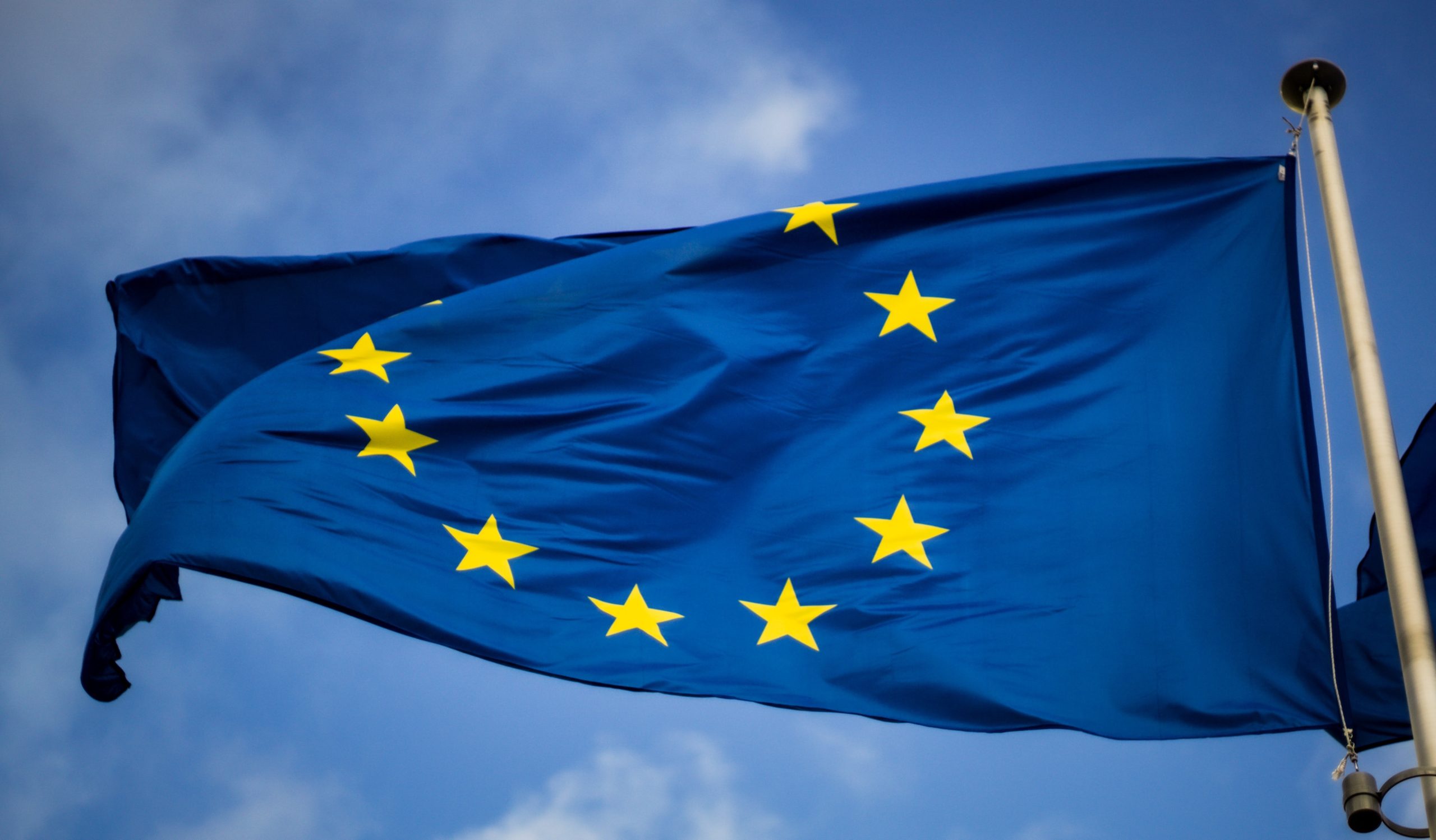The European Court of Human Rights in the well-known case Delfi AS vs. Licra (16th June 2015, § 110), established that the possibility for people to express themselves on the internet constitutes a new instrument for the exercise of the right to freedom of expression. Being a Spanish national, I wanted to dig further into the recent developments in the Jurisprudence of the Spanish Constitutional Court regarding the protection of fundamental rights in the light of the new technological developments. To better illustrate it, I have selected a recent case, the Recurso de Amparo (Appeal) STC 27/2020, de 24 de Febrero.
To start with, a brief introduction to the events that led to the ruling needs to be done. In March 2017, a local newspaper, La Voz de Zamora, published an article about a shooting with several images of the involved subjects. Much of the information about them was taken directly from their Facebook profiles. Mr. I.L.L sued La Voz de Zamora alleging that with the publication of the picture and some other personal data, his rights to privacy and self-image had been violated. On the contrary, the newspaper invoked the right to freedom of information and expression.
As established by the Spanish Constitutional Court (from now on, SCC), the rise of social media has led to a situation where users are no longer just consumers of the content provided by social networks, but are also the creators by sharing images, information and data about their lives. Hence, the rights to privacy, self-image and honor protected by article 18 of the Spanish Constitution might easily find themselves colliding with other rights.
It is thus necessary to highlight what the SCC has established in the last years regarding the protection of fundamental rights in the social media era. Their jurisprudence states that even if citizens decide to share personal content on social media, there is still a part of private life that must be protected, specifically in those situations where users haven’t explicitly consented to the reproduction and dissemination of it.
Getting back to our case, that never happened. The accused newspaper never asked for the consent and, after being sued, alleged that when users register on Facebook, they accept the Statement of Rights and Responsibilities, which states in clause 2.4: When you publish content or information using the Public setting, it means that you are allowing everyone, including people off of Facebook, to access and use that information, and to associate it with you.
Following the mentioned jurisprudential approach, the Court rejected this argument and added that there is nonetheless another clause that needs to be taken into consideration, clause 5.7 which says that: If you collect information from users, you will: obtain their consent, make it clear you are the one collecting their information, and post a privacy policy explaining what information you collect and how you will use it.
Finally, we have to take into consideration the SCC doctrine regarding the collision between the right to self-image and the right to be informed. As established in numerous sentences of the SCC, the right to self-image is not an absolute and unconditional right, so when it collides with other constitutional rights, such as the right to freedom of expression and freedom of information, there needs to be a balance between the two in order to decide which needs a higher level of protection.
To sum up, the SCC concluded that, even if the purpose of the information was to explain an event that might be of public interest, there is not a proportional relation between freedom of information and the respect to the right of self-image. Taking the image from Facebook without the explicit consent of the user causes a disproportionate harm to the latter right, which prevails upon the former, and thus, the Court ruled against La Voz de Zamora.
Sources:
Sentencia del Tribunal Constitucional 27/2020 de 24 de Febrero. Ponente: magistrado Juan Antonio Xiol Ríos.
Miguel Ángel Presno Linera, La libertad de expresión en Internet y las redes sociales: análisis jurisprudencial, publicato nella Revista Catalana de Dret Públic



